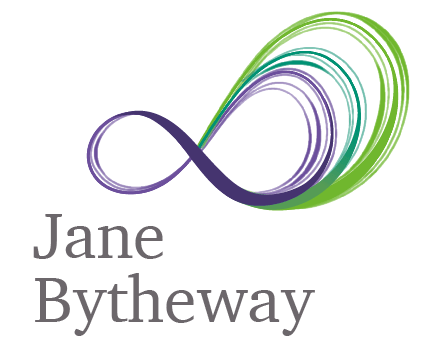Do you remember your reaction last time you received a school report (yours, or someone else’s), or an annual appraisal? What did you notice? Which parts did you read and re-read? What did you reflect on? If you are like most people, chances are that you gave more attention to the negative comments than the positive. In fact, even if 90% of the report is positive, we tend to focus on the 10% that highlights ‘improvement opportunities’. But what if we didn’t?
Focusing on strengths enhances performance and increases happiness
 According to Dr Sonja Lyubomirsky, a psychology professor at the University of California, focusing on our strengths instead of our perceived weaknesses not only enhances our performance even further, it also increases our happiness. And that, in turn, has a positive impact on the other people around us – so creating a happier environment for everyone.
According to Dr Sonja Lyubomirsky, a psychology professor at the University of California, focusing on our strengths instead of our perceived weaknesses not only enhances our performance even further, it also increases our happiness. And that, in turn, has a positive impact on the other people around us – so creating a happier environment for everyone.
Dr Lyubomirsky used a scientific approach with a difference in her study of optimal human functioning. Rather than following the traditional approach of the ‘disease model’, which focuses on identifying weaknesses and overcoming deficiencies, her study of positive psychology is based on a ‘health model’. The focus here is on strengths, building resilience and nurturing positivity and the pursuit of happiness and meaning.
‘What’s strong?’ instead of ‘What’s wrong?’
The study of positive psychology aims to discover and promote the factors that allow people to thrive and flourish, with the emphasis on ‘What’s strong?’ instead of ‘What’s wrong?’ The focus is to look at what you are like when you are at your best, by exploring:
- What are you like when you are at your best?
- What are you doing?
- Who are you with?
- How do you sound?
- What are other people saying about you?
These questions encourage you to develop a deeper sense of your Best Self; in addition, it is useful to enhance this with some tangible evidence of your Best Reflected Self – in other words, what do other people see as your strengths? This can bring up some very positive surprises, especially for those people who naturally tend to focus on their own perceived shortcomings, rather than what they are good at.
Why not check it out for yourself? Ask 5 people who know you to identify what they see as your key strengths, and ask them to give you 3 specific examples. You may also be interested in completing a free of charge scientifically established survey at www.viacharacter.org, a not-for-profit organisation that identifies your ‘signature strengths’.
In Sonja Lyubomirsky’s research, the focus on strengths helped participants in a number of ways:
- They felt energised
- They re-engaged with their job
- Some re-crafted their job role to increase the opportunities to play to their strengths
- They developed more positive relationships
- Their confidence increased
- They understood how they were valued by others, so took more opportunities to use those strengths – which in turn meant they felt even more highly valued and had a greater sense of fulfillment
If you are a leader or manager in an organisation, are you taking approach with your team? Investing time to understand each person’s strengths and enabling them to use them at work can increase the engagement, performance and contribution of every individual. What could that be worth to your organisation, as well as to your relationships at work?
Photo by rawpixel on Unsplash
